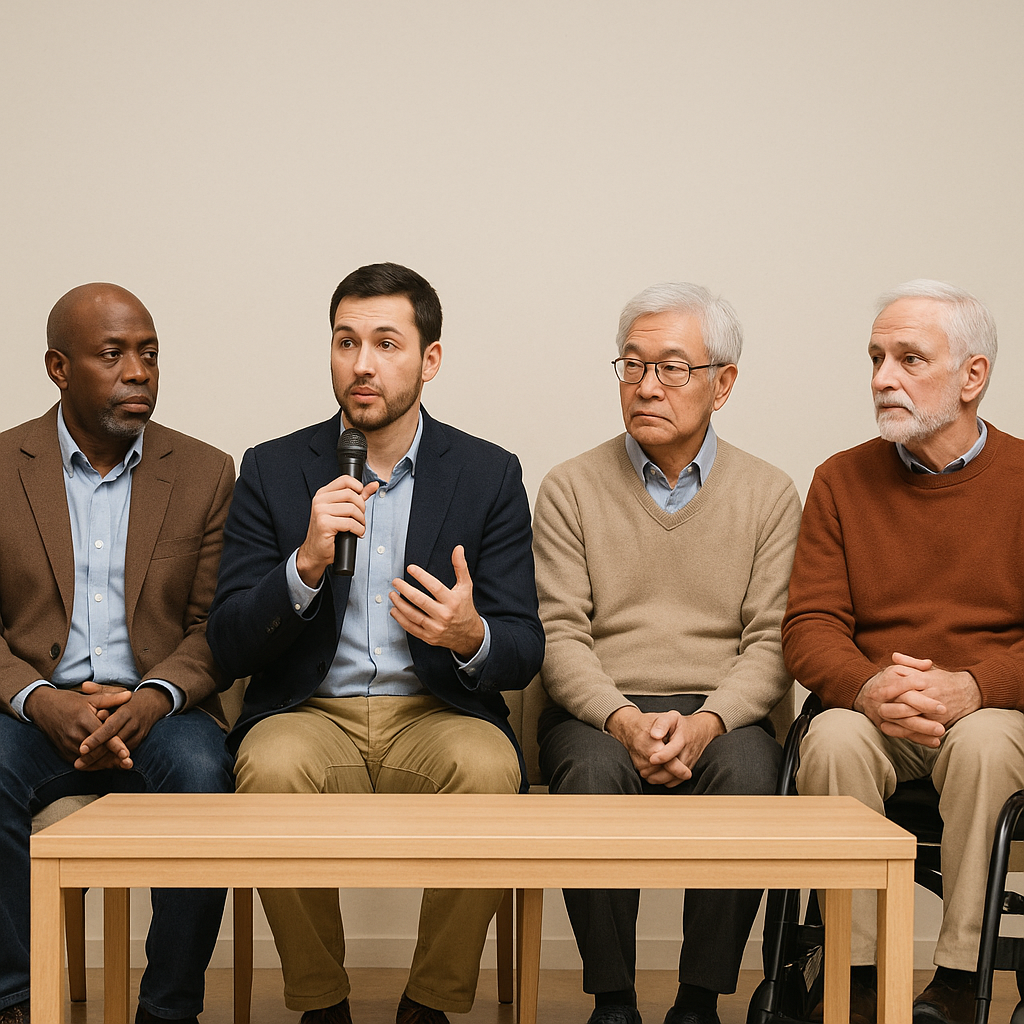One of the most harmful myths at the intersection of sexuality and childhood sexual abuse (CSA) is the belief that non-heterosexual identities are caused by trauma. This myth, rooted in a heteronormative society, suggests that survivors of CSA become queer as a result of violence — but research shows there is no direct causal link between CSA and adult sexual orientation.
Another critical concept in understanding sexuality after trauma is compulsory heterosexuality, a term introduced by influential feminist theorist Adrienne Rich in her essay Compulsory Heterosexuality and Lesbian Existence. Rich challenges the assumption that heterosexuality is biologically innate, writing, “The assumption that women are ‘innately’ sexually oriented toward men… [and] that the lesbian is simply acting out of her bitterness toward men… are widely current in literature and in the social sciences.
Rich also critiques the societal machinery that channels women into heterosexuality, writing that many overlook “the covert socializations and the overt forces which have channelled women into marriage and heterosexual romance… from the selling of daughters to the silences of literature to the images of the television screen.” When the social narrative is that heteronormativity is superlative, and expected, this can make it difficult for survivors to trust or validate their own identities that fall outside of that norm.
CSA often occurs during a developmental stage when children are still learning about themselves and all their many identities, values and beliefs. When a child doesn’t yet know their sexual identity, and are still finding their voice and that is taken away with sexual violence, it can feel like the trauma “made us gay” or altered our sexual identity in a way that we haven’t come to terms with. While trauma does not define our sexual identity, it can influence how we come to understand and navigate it — especially in a society that enforces rigid norms around gender and sexuality.
Survivors are often left to navigate confusion, shame, and internalized heteronormativity—pressures society imposes long before a person can fully explore or claim their truth. Non-heterosexuality is not a reaction to harm or a form of bitterness toward the perpetrator. That belief not only reinforces the harmful notion that sexuality is a choice, but also strips survivors of the power to define themselves. No one else has the authority to tell you who you are. That is yours alone. Trauma may place roadblocks along your path and shape how you come to know yourself, but it does not define you.
Rich calls assimilation “the most passive and debilitating of responses to political repression, economic insecurity, and a renewed open season on difference.” In the context of CSA, many survivors may retreat into heteronormativity as a survival strategy—clinging to socially “safe” identities that feel less risky to disclose. This retreat is not weakness; it’s a response to trauma and systemic pressure.
Survivors are often ignored, disbelieved, or blamed. The weight of trauma can fracture their sense of self, teaching them to disconnect from their inner voice and their physical body. Understandably, it can feel overwhelming to then accept and share an LGBTQ+ identity. How do you begin to trust your understanding of your sexuality when you’ve been taught to silence yourself — to question your own truth?
A small step you can take is by asking yourself, what is your best hope you’ll get out of being open and honest with yourself? Sometimes, the first step is simply letting yourself hear your own voice. Peer support groups, like those offered by The 519 and PFLAG Toronto, can be a safe place to begin that journey.
Another possible step that you can do quietly for yourself, is read about sex and sexuality. While I haven’t read this book yet, I’m hoping to explore it for further insight, and you might want to as well: Reclaiming Pleasure: A sex positive Guide for moving past Sexual Trauma and Living a Passionate Life If you’re interested in hearing the author speak on this topic before diving into the book, you can check out the link below: https://www.buzzsprout.com/1662151/episodes/9517533
Another book, one I have read, is titled Come As You Are. While it’s not directed towards CSA survivors specifically, it offers impactful knowledge to support the readers in understanding themselves, their body so they can engage in sex that is empowering and enjoyable. Because there is no one way to be you.
If you decide to explore these books, we’d love to hear what resonated with you — or what didn’t. Sharing your reflections can help others on their path, too.

